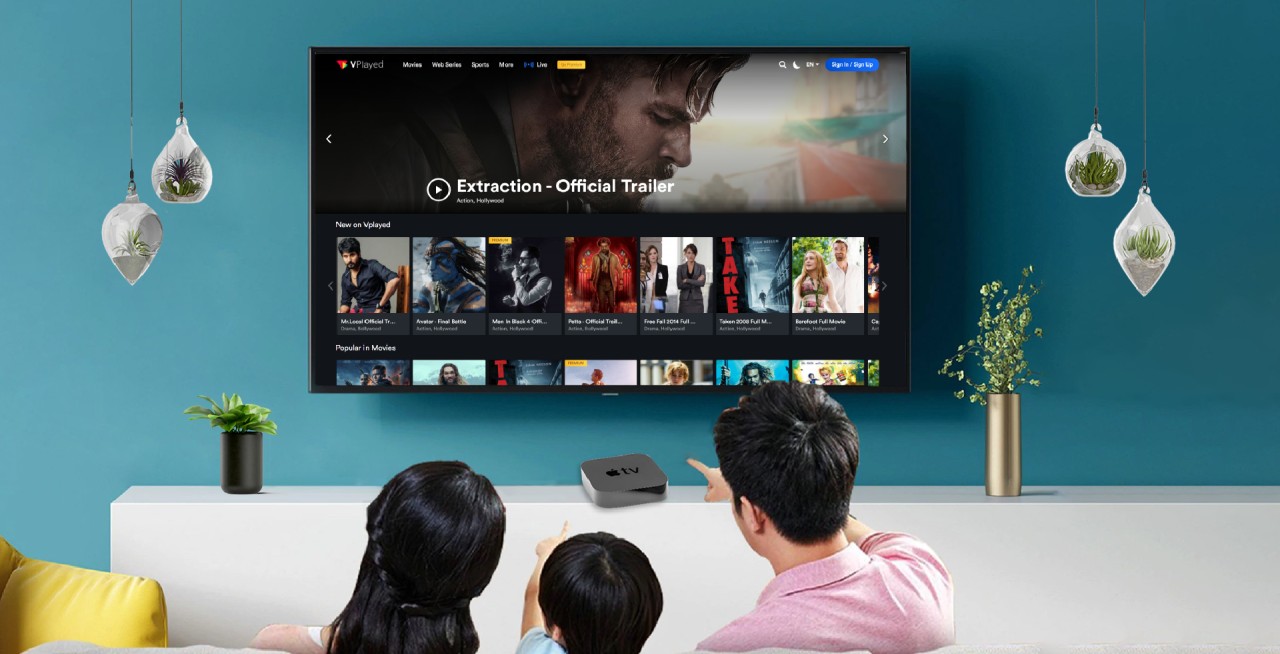In an era where entertainment consumption is evolving at a breakneck pace, Internet Protocol Television (iptv abonnement) has emerged as a game-changer. Unlike traditional television, which relies on satellite or cable, IPTV uses internet protocols to deliver content directly to viewers. This shift not only enhances the way we watch TV but also opens doors to a more personalized and flexible viewing experience.
What is IPTV?
IPTV stands for Internet Protocol Television. It refers to the delivery of television content over internet protocols rather than through conventional satellite or cable systems. IPTV services can be delivered through a variety of devices, including smart TVs, computers, tablets, and smartphones. The content is streamed in real-time or on-demand, making it a versatile choice for modern viewers.
The Advantages of IPTV
- Flexibility and Convenience: IPTV allows viewers to watch content on a wide range of devices, from televisions to smartphones. This flexibility means that viewers can enjoy their favorite shows and movies wherever they are, as long as they have an internet connection.
- On-Demand Content: Unlike traditional TV, which operates on a fixed schedule, IPTV offers on-demand content. This means you can watch your favorite shows or movies at your convenience, without having to adhere to a set broadcast time.
- Interactive Features: IPTV services often come with interactive features that enhance the viewing experience. These can include options for pausing, rewinding, and fast-forwarding live TV, as well as access to interactive applications and services.
- Personalization: IPTV platforms can offer personalized recommendations based on viewing history and preferences. This customization ensures that viewers receive content that matches their tastes and interests.
- Cost-Effectiveness: Many IPTV services offer competitive pricing compared to traditional cable or satellite packages. With various subscription tiers and the option to pay only for what you watch, IPTV can be a more economical choice.
Types of IPTV Services
- Live IPTV: This type of IPTV streams live television channels in real-time, similar to traditional TV. It includes news, sports, and other live programming.
- Video on Demand (VoD): VoD services allow viewers to choose from a library of movies and TV shows to watch whenever they want. This is ideal for those who prefer binge-watching or catching up on missed episodes.
- Time-Shifted TV: Time-shifted TV lets viewers access previously aired programs at their convenience. This feature allows you to catch up on missed content without having to wait for reruns.
- Catch-Up TV: Catch-up TV is a subset of time-shifted TV, allowing viewers to watch programs that have aired recently, typically within the past 24 to 48 hours.
The Future of IPTV
The future of IPTV looks promising as technology continues to advance. Innovations such as 4K and 8K streaming, virtual reality (VR), and augmented reality (AR) are set to revolutionize the viewing experience. Additionally, the integration of artificial intelligence (AI) for better content recommendations and user interfaces is expected to enhance the personalization of IPTV services.
Challenges and Considerations
Despite its advantages, IPTV also faces challenges. The quality of the streaming experience can be affected by internet speed and stability. Additionally, licensing and content rights can vary by region, affecting the availability of certain channels or programs.
Conclusion
IPTV represents a significant shift in the way we consume television content. With its flexibility, on-demand access, and interactive features, it offers a more personalized and convenient viewing experience. As technology continues to evolve, IPTV is likely to become even more integral to the entertainment landscape, shaping the future of how we watch and enjoy television.
In a world where entertainment options are increasingly diverse and accessible, IPTV stands out as a forward-thinking solution, bridging the gap between traditional TV and the digital age.
